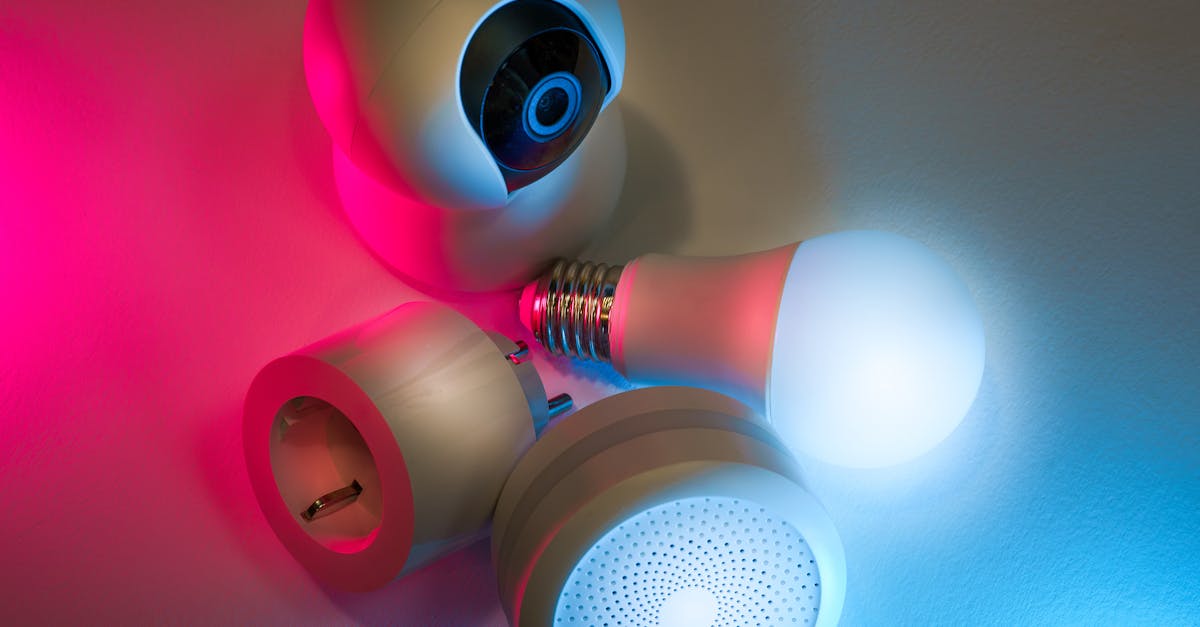Smart Home Technology And Its Influence On Property Value
Introduction
Smart home technology has rapidly evolved from a futuristic fantasy to an everyday reality, transforming how we interact with our living spaces. Its appeal lies in the convenience, efficiency, and enhanced security it offers, making homes smarter, safer, and more sustainable. With technological innovations continually emerging, many homeowners wonder: Does investing in smart home technology increase property value? Real estate experts and homeowners alike are recognizing the impact these innovations can have on market allure. This article will delve into the effects of smart home technology on property value, providing insight for prospective buyers and sellers alike.
Advertisement
Enhancing Convenience and Comfort
One of the primary advantages of smart home technology is the unparalleled convenience it offers. From voice-activated assistants to automated lighting, homes equipped with these features provide an enhanced living experience. Systems that regulate temperature, manage lighting through sensors, and even automatically shut windows or blinds according to the weather make living spaces not only comfortable but also efficient. As potential buyers tour homes, these conveniences can be impressive selling points, subtly driving up property value.
Advertisement
Improving Security and Peace of Mind
Security is a top priority for homeowners, and smart home technology addresses this need by enhancing home protection measures. Features like smart locks, video doorbells, and comprehensive security systems with remote monitoring capabilities offer unparalleled protection and control. Potential buyers often perceive homes with advanced security features as more desirable. The peace of mind these technologies offer can be a significant factor, contributing to a higher perceived property value.
Advertisement
Energy Efficiency and Sustainability
With growing awareness of environmental issues, energy efficiency has become increasingly important for homeowners. Smart home technology contributes to sustainability by optimizing energy use; smart thermostats adjust heating and cooling according to usage patterns, and intelligent lighting systems reduce energy waste. These environmentally friendly features can not only reduce energy bills but also make properties more attractive to environmentally-conscientious buyers, subsequently boosting property value.
Advertisement
The Appeal to Tech-Savvy Buyers
In the digital age, tech-savvy buyers are seeking homes that complement their lifestyles. The integration of smart home technology can make a property stand out in a competitive market. Younger generations, particularly Millennials and Gen Z, are attuned to technology and often prioritize these features in their home-buying decisions. Therefore, investing in smart home technology can lead to a faster sale, sometimes even justifying a higher asking price.
Advertisement
Potential Challenges and Considerations
However, while smart home systems boast numerous advantages, there are challenges to consider before upgrading. The cost of installation and maintenance can be significant, potentially deterring some buyers who are not familiar with the technology. Furthermore, privacy concerns surrounding smart devices can be a downside. Ensuring these systems are installed professionally and are easy to use can help mitigate these issues, making them a worthwhile investment.
Advertisement
Resale Value and Market Trends
There is a noticeable trend in the real estate market favoring homes with modern amenities, including smart technologies. Buyers often see homes with these features as future-proof investments that offer long-term benefits. While not an absolute guarantee, there is a growing correlation between smart upgrades and increased resale value. As real estate markets continue to evolve, homes with smart technologies are increasingly seen as more attractive and valuable.
Advertisement
The Role of Real Estate Agents
Real estate professionals play a pivotal role in recognizing and promoting the value added by smart home features. They can help bridge the gap between the sophisticated technology and potential buyers through demonstrating and highlighting these features in property listings and showings. By cataloging smart home capabilities as premium features, agents can effectively leverage these systems to elevate property value and appeal.
Advertisement
Future of Smart Home Technology in Real Estate
Smart home technology is rapidly evolving, and its influence on the real estate market is likely to grow. With advancements in AI, machine learning, and IoT, the sophistication and capabilities of these systems will continue to expand, bringing even more potential for increasing property value. Staying abreast of these developments can position homeowners to capitalize on emerging trends, ensuring they maximize their property's value.
Advertisement
Conclusion
In conclusion, while smart home technology requires an initial investment, the potential benefits to property value cannot be ignored. From enhanced security and energy efficiency to appealing to the modern buyer, these technologies offer numerous advantages. As the demand for these systems grows, so too does their influence on the real estate market. For homeowners considering whether to upgrade, the decision to do so may not only improve daily living but also add significant value to their property in the eyes of future buyers.
Advertisement
